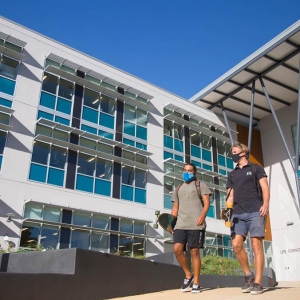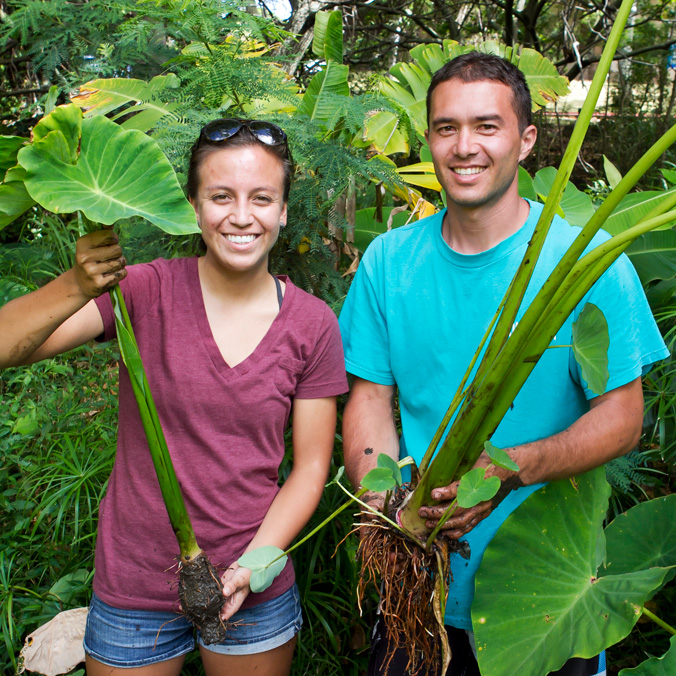
The University of Hawaiʻi at Mānoa has been reaffirmed for a full 10 years of accreditation, the longest period possible, by the Senior College & University Commission of the Western Association of Schools and Colleges (WASC). The accreditation process is a marker of institutional quality, because accreditation is required by the U.S. Department of Education for students to be able to access federal financial assistance, including student loans.
“Receiving the full 10 years of reaffirmation shows that Hawaiʻi’s flagship university continues to operate at the highest level of excellence when it comes to providing higher education for the people of Hawaiʻi,” said UH President David Lassner. “It also shows that we are committed to continuous improvement as we meet the needs of our students and our state.”

The work toward accreditation began in 2017 and involved the new WASC process—Thematic Pathway for Reaffirmation—whereby universities are required to demonstrate compliance with WASC standards while advancing issues important to their campus community. UH Mānoa’s themes were Native Hawaiian Place of Learning, Transformational Student Success, and Academic Innovation and Engaged Learning.
“UH Mānoa demonstrated the courage to pursue the most challenging areas of inquiry,” stated the WASC Senior College and University Commission review team in its final report highlighting many areas of success. For example, in describing UH Mānoa initiatives in academic innovation, the team stated, “Each of these was reflective of some of the best thinking nationally with regard to high impact educational practices. Each element stands as a body of work that is worthy of being spotlighted by the state’s—or any state’s—flagship institution of higher learning.”
The university was notified about the 10-year reaccreditation in a March 8 letter that also commended UH Mānoa for its efforts in multiple areas.
- UH Mānoa’s approach to the process and ambitious themes, tackling challenging areas of inquiry with a commitment to a collaborative and inclusive self-study process.
- The Wayfinding Project for demonstrating a commitment to incorporate Native Hawaiian language and navigation as part of becoming a Native Hawaiian Place of Learning. This commission noted the project may be a model for other institutions.
- The Institute for Sustainability and Resilience for its approach to the simultaneous advancement of teaching, research and service missions on topics of critical importance to the state and the development of sustainability courses as a curricular innovation.
- The STAR project, the data-informed applications that assist with planning, enrollment management and student support.
- The campus culture through which the faculty, staff and administration take seriously their commitment to support UH Mānoa’s students with academic advising, engaged learning initiatives and responsive student services.
“The commission’s acknowledgement of our innovation, culture and commitment to students is something our faculty, staff and administrators can be very, very proud of,” said UH Mānoa Provost Michael Bruno. President Lassner added “I am very proud of our WASC steering committee, our WASC writing team and especially the leadership from Provost Bruno and senior advisor Wendy Pearson, who spearheaded the effort with firmness and grace.”
More information on the reaffirmation process, including key documents and the steering committee and writing team members can be found on the UH Mānoa Accreditation website.
The next reaffirmation review will take place in spring 2031.


